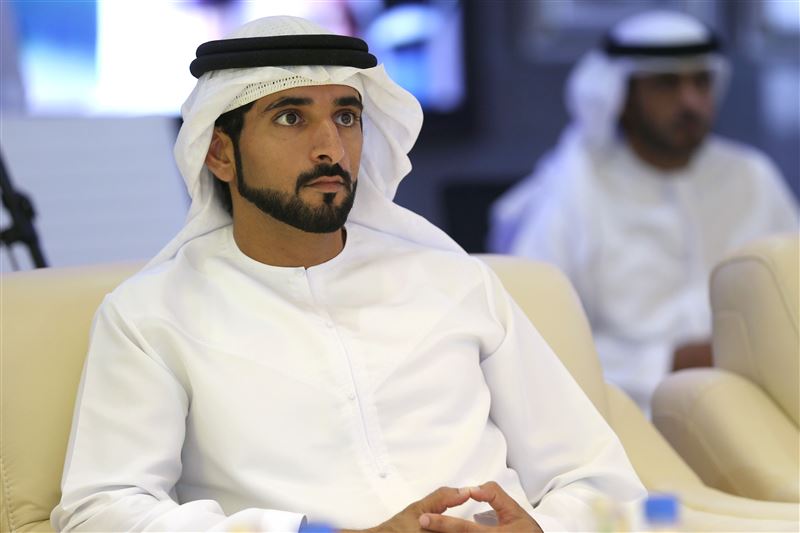Tenants who plan to rebuild or renovate their properties in Al Quoz Creative Zone will be exempted from rents for up to two years as part of plans to transform Dubai into the global capital of the creative economy by 2025.
Sheikh Hamdan bin Mohammed bin Rashid Al Maktoum, Dubai Crown Prince and chairman of The Executive Council of Dubai, issued directives for the exemption on Saturday.
The move is part of the framework of the 100-day plan for the Al Quoz Creative Zone development project that aims to transform the area into a comprehensive integrated creative zone that attracts talent from across the world.
The 100-day plan for the Al Quoz Creative Zone was launched by the project’s higher committee headed by Sheikha Latifa bint Mohammed bin Rashid Al Maktoum, chairperson of Dubai Culture and Arts Authority (Dubai Culture).
At the infrastructure level, the plan includes the development of the project’s masterplan that will create a specially designed urban space that can accommodate all activities, investment, and people related to the project.
As part of implementing the vision for the project, a unique model for optimally distributing living, working and creative public spaces will be developed based on a comparative study of similar zones around the world.
The plan also seeks to provide soft-mobility solutions for the people in the zone. Transportation facilities connecting Al Safa Metro Station to Al Quoz Creative Zone will be developed ad will feature a bus route with special designs.

To date, Dubai Culture has awarded 4,500 certificates of accreditation to creatives and artists of different nationalities.
This is part of a plan to expand the issuance of the world’s first long-term cultural visa to maximise the contribution of talent to the development of Dubai’s cultural economy.
Dubai recently enhanced its ranking in the Global Power City Index (GPCI) 2021 issued by the Institute for Urban Strategies at the Mori Memorial Foundation in Japan.
Dubai ranked first in the Arab world and fifth globally in the cultural interaction criterion that measures the performance of cities in terms of leadership, tourist attractions, the number of cultural facilities and the availability of visitors’ amenities and communication.
Dubai jumped from 17th place overall in 2020 to 14th in the Global Power City Index 2021 that ranks over 40 major cities in terms of their ‘magnetism’.
The GPCI rates cities based on 70 indicators that measure six functions – Economy, R&D, Cultural Interaction, Livability, Environment, and Accessibility.






